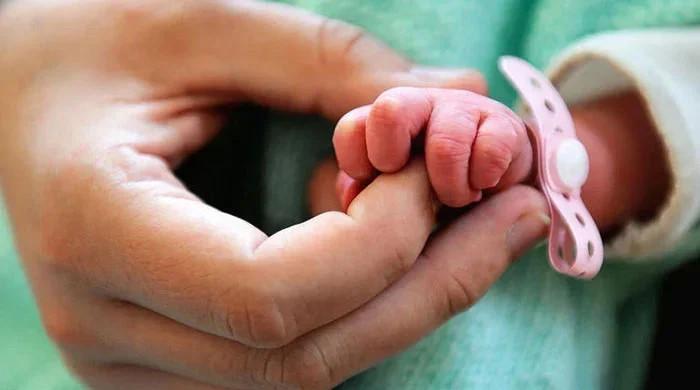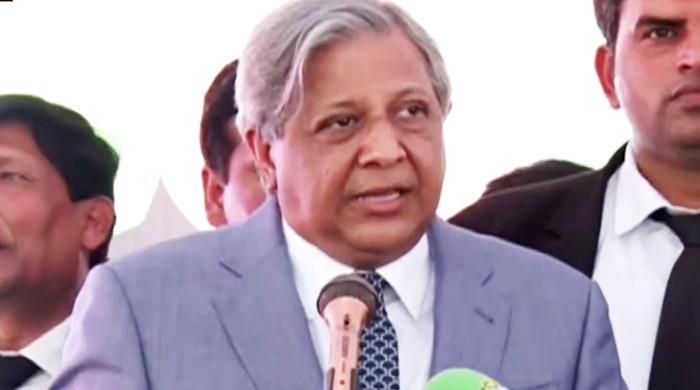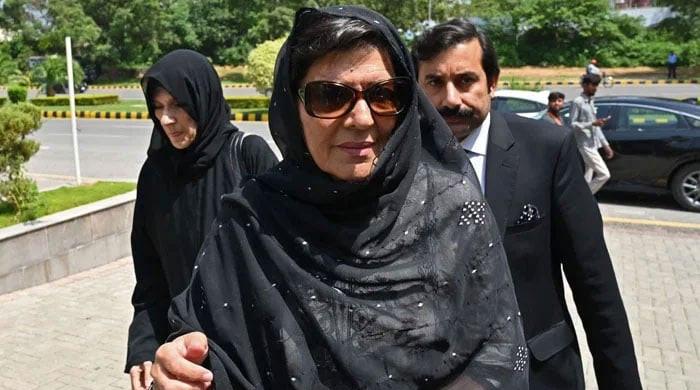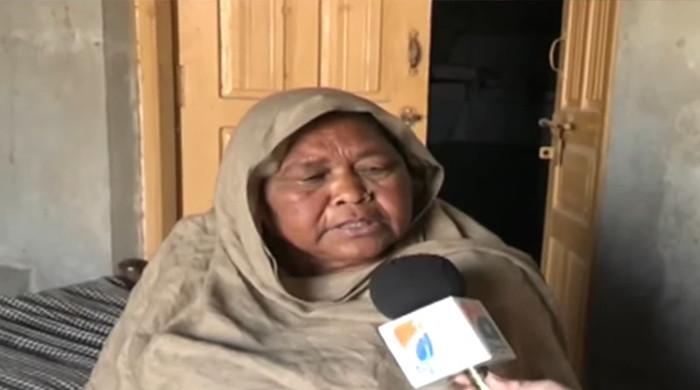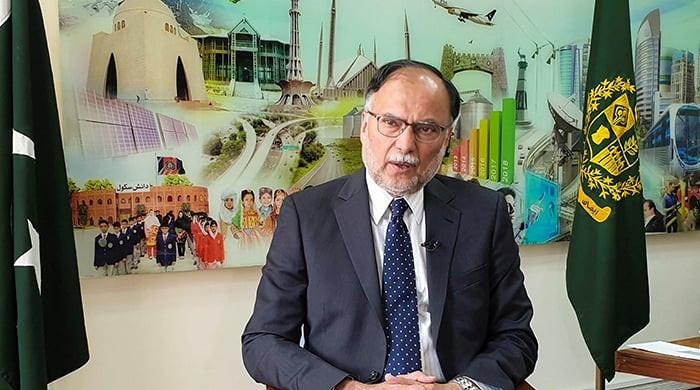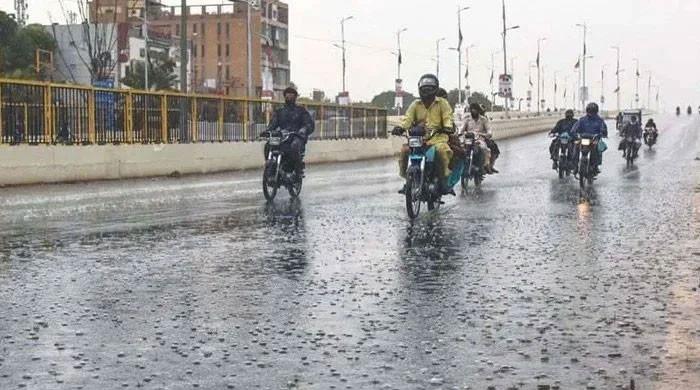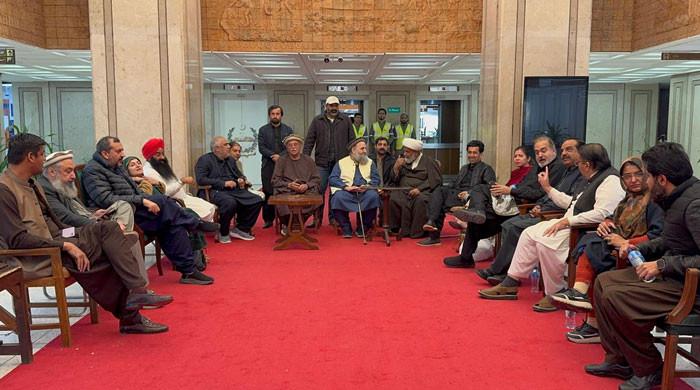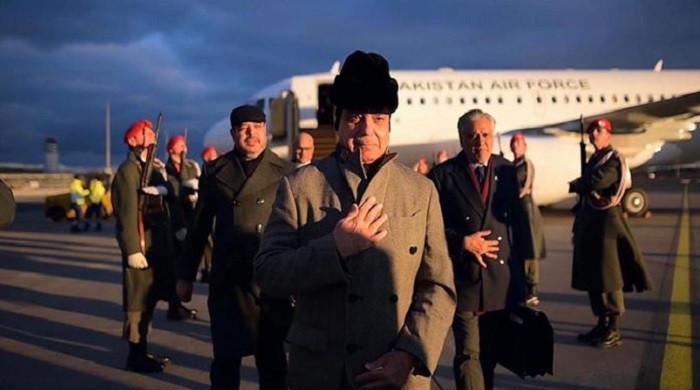‘Reserved seats': ECP says relief granted to PTI in July 12 verdict ‘unconstitutional'
Timelines prescribed and options granted to PTI in SC verdict beyond appellate jurisdiction of court, says ECP
May 30, 2025
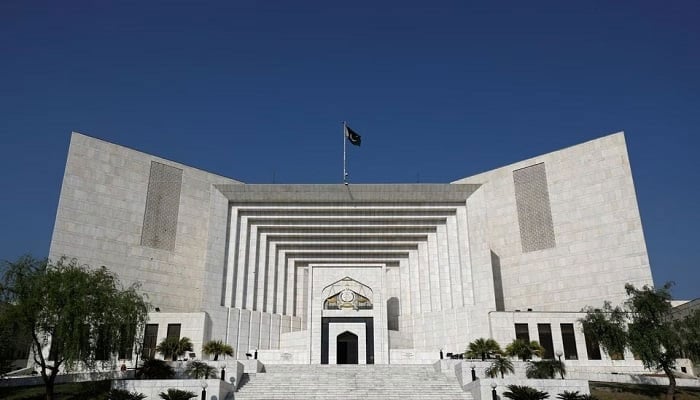
ISLAMABAD: The Election Commission of Pakistan (ECP) has stated that the Supreme Court’s July 12, 2024, verdict declaring PTI eligible for reserved seats exceeded the constitutional authority granted under Article 187(1) of the Constitution.
In its written response submitted in the SC against its July 12 verdict, the election body said: “The relief granted in the majority judgement to PTI is beyond the scope of power under Article 187(1) of the Constitution.”
Last year, the top court ruled that the former ruling party was eligible for the allocation of reserved seats. The verdict was announced by a 13-member bench, headed by then chief justice of Pakistan (CJP) Qazi Faez Isa.
Besides ECP, Pakistan Muslim League-Nawaz (PMLN) and Pakistan Peoples Party (PPP) also filed review petitions against the July 12, 2024 judgment on the reserved seats for women and minorities in national and provincial assemblies.
Currently, an 11-member constitutional bench — headed by Justice Aminuddin Khan — was hearing the review petitions.
Raising questions over the SC’s verdict, the electoral watchdog argued that PTI was not a party to the list before the ECP, PHC and SCP. It further said that contrary to findings in the SC judgement, the PTI did not even pray for allocation of the reserve seats to "PTI itself" or to "either PTI or SIC".
“PTI did not seek allocation of the disputed reserve seats to itself. Instead, PTI expressly asserted …. that the denial by the ECP of reserve seats to the SIC will result in the national assembly and the provincial assemblies losing their representative character. These seats cannot be allowed to any other party," read the petition.
The ECP further said that the Article 51 Provisions and the Article 106 Provisions have been misconstrued in the majority judgement which inter alia has distorted the scheme of the Article 51 Provisions and the Article 106 Provisions as read with section 104 of the Elections Act, 2017 and the Election Rules, 2017.
The election body said that the timelines prescribed and options granted to PTI in the July 12 verdict were beyond the appellate jurisdiction of the SCP under Article 185(3) read with Article 175(2) of the Constitution and could also not be given in exercise of power under Article 187(1) of the Constitution.
Earlier on Tuesday, the SIC questioned the maintainability of review petitions filed against the apex court judgment declaring that the PTI was entitled to the reserved seats of women and minorities in the national and provincial assemblies.
Justice Mandokhail asked the counsel whether he supported or opposed the review and pointed out that 13 judges had said that the SIC was not entitled to the seats. Siddiqui told Justice Mandokhail that he partially supported his decision adding, “Sometimes, you win even when you lose.”
Siddiqui contended that since most of the judges on the current bench had not heard the main case, as six new judges had joined, he would present his arguments in detail, including the background of how the issue arose. The SIC counsel emphasised that 11 out of 13 judges had declared that the seats belonged to the PTI.
Justice Mazhar noted that the review petition was filed only against the majority decision. Siddiqi pointed out that interestingly, the review relied on Justice Mandokhail’s opinion. He listed seven main arguments, starting with the objection that if the PTI was not a party, how relief was granted.




